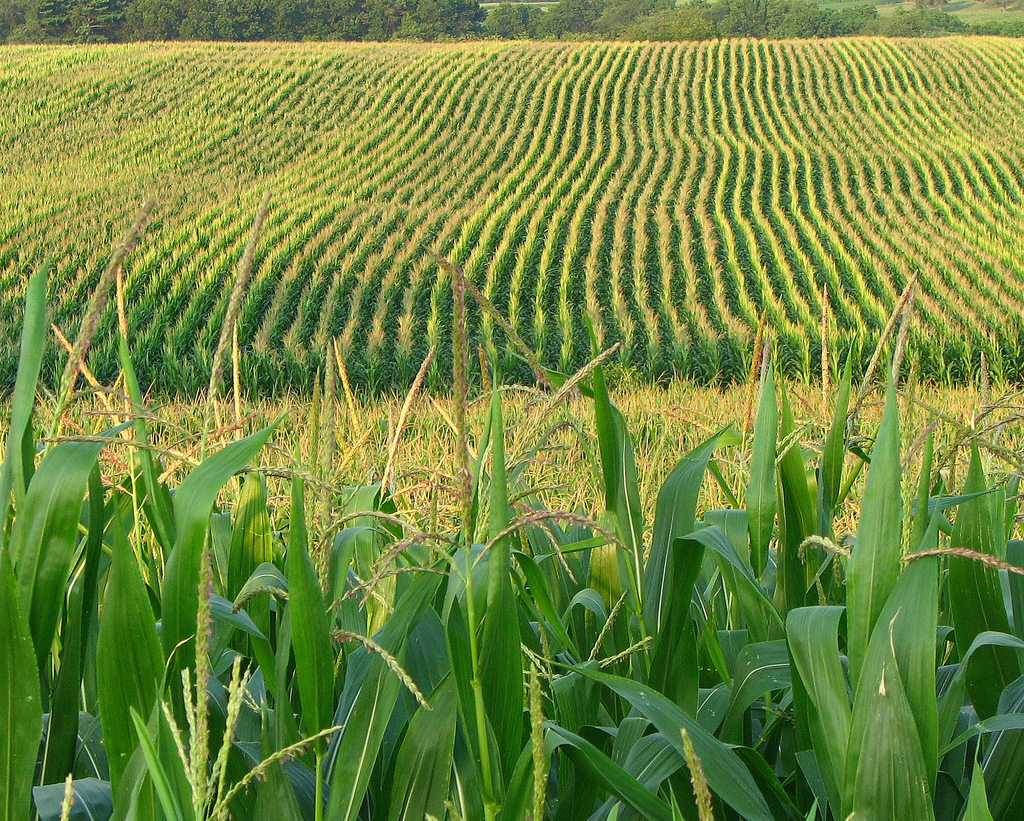9 GMOs that may soon be approved
Monsanto Corn
Two varieties of Monsanto’s corn are currently being reviewed by the USDA. One variety claims to increase ear biomass size to boost yield. The other is genetically engineered to resist applications of glyphosate and also stave off corn rootworm, a bug that feeds on corn roots during its larvae stage.
For the latter, Monsanto built off its current Bt corn technology to offer “enhanced control of target insect pests and prolonged durability of existing Bt technologies designed to control corn rootworm,” according to the company’s USDA petition.
Historically, farmers prevented extensive corn rootworm damage by rotating their crops every season—the worms would die off because they exclusively eat corn. Like superweeds, evidence suggests that existing Bt corn varieties have produced Bt-resistant corn rootworms, hence the perceived need for increasingly more complex combined GMO traits.
The USDA is currently accepting public comments on Monsanto's increased ear biomass product until March 23, 2015.
